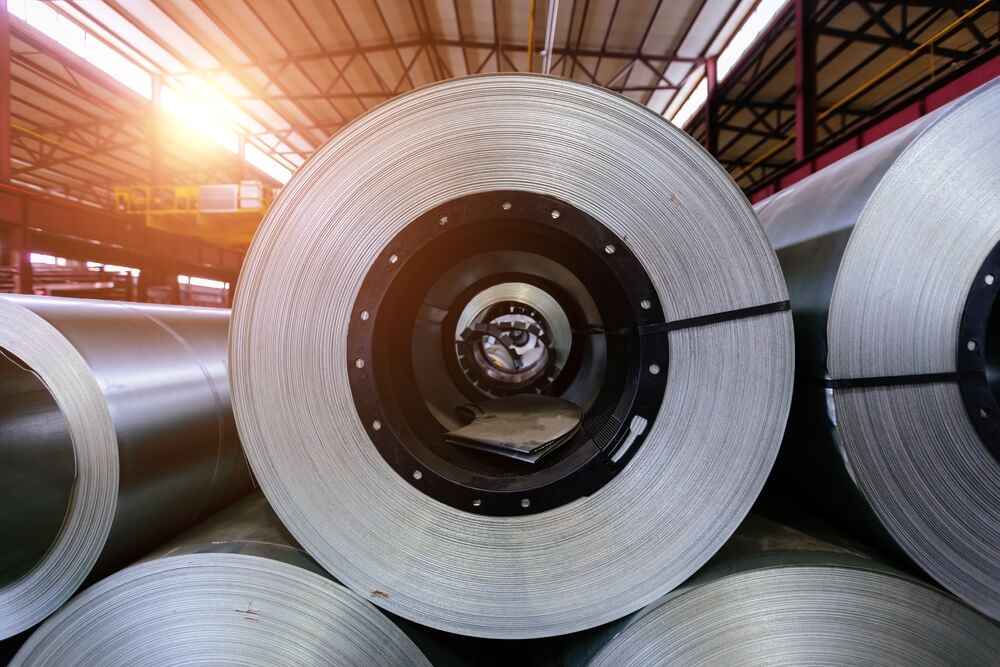
The Trump administration has confirmed that a 25% tariff on all foreign aluminum imports to the United States will take effect on March 4. The announcement followed President Donald Trump’s signing of the order, which he said aims to simplify tariffs on metals and ensure clarity in their application.
“This is 25 percent with no exceptions,” Trump stated, emphasizing that the tariffs will apply uniformly to all countries. However, he later indicated a willingness to consider an exemption for Australia due to the country’s trade deficit with the U.S. Australian Prime Minister Anthony Albanese noted that he had a constructive discussion with Trump, who agreed to review the request for exemption.
Trump also signaled the possibility of additional tariffs on cars, semiconductor chips, and pharmaceuticals. He mentioned plans to impose reciprocal tariffs on any country that maintains import duties on U.S. goods within the next two days.
The new tariffs have sparked concern among South Korean aluminum manufacturers, particularly small and mid-sized firms. Previously, Korean aluminum exports to the U.S. were subject to a 10% tariff but benefited from exemptions that allowed duty-free shipments. The Korea Nonferrous Metals Association reported that Korean aluminum exports to the U.S. totaled approximately $1.02 billion last year, representing 20% of the nation’s total aluminum exports. Industry representatives warn that the new 25% tariff will severely impact these companies, making it difficult to compete with U.S.-produced aluminum despite superior product quality.
While some experts believe the tariffs are aimed primarily at China, they argue that Chinese aluminum is already largely excluded from the U.S. market due to existing restrictions. Instead, they fear that the new measures could hurt smaller foreign aluminum producers and disrupt supply chains. Despite over $10 billion invested in expanding domestic aluminum production over the past decade, U.S. manufacturers still meet only about one-third of the country’s demand, relying heavily on imports to fill the gap.
.



